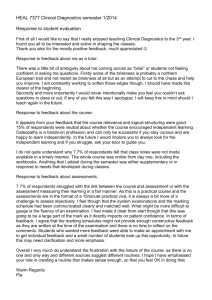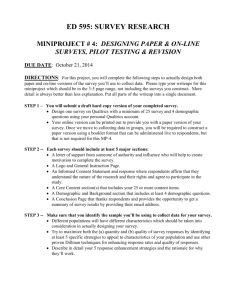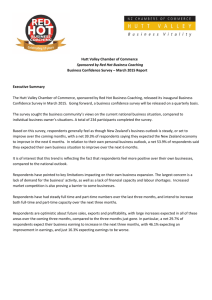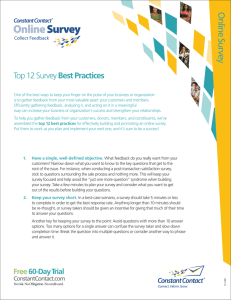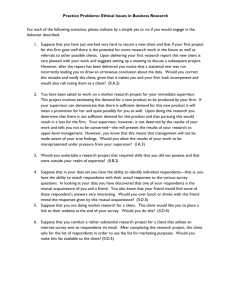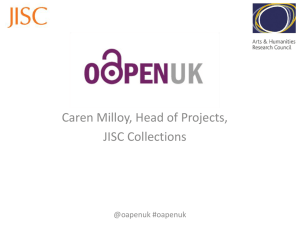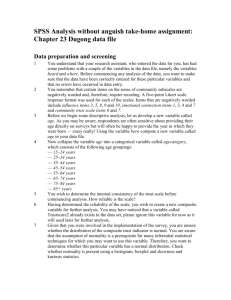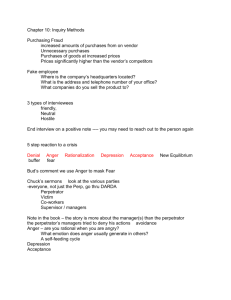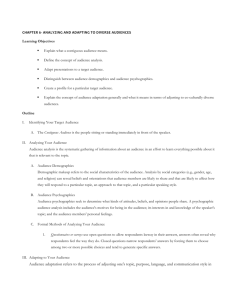DOC - Europa
advertisement
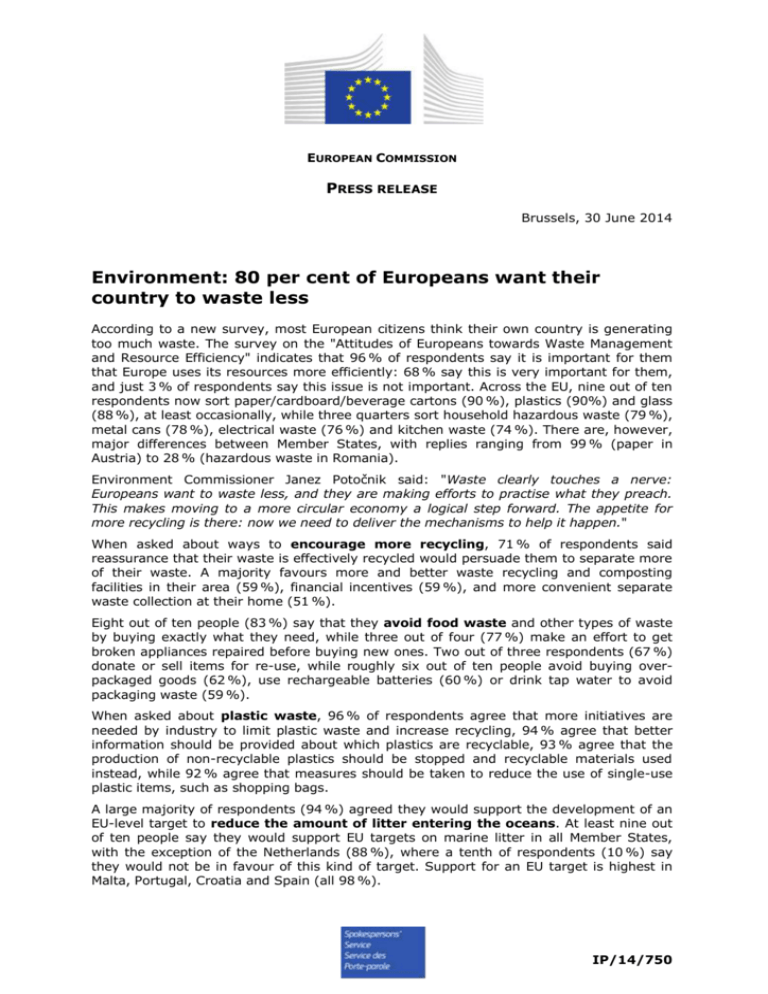
EUROPEAN COMMISSION PRESS RELEASE Brussels, 30 June 2014 Environment: 80 per cent of Europeans want their country to waste less According to a new survey, most European citizens think their own country is generating too much waste. The survey on the "Attitudes of Europeans towards Waste Management and Resource Efficiency" indicates that 96 % of respondents say it is important for them that Europe uses its resources more efficiently: 68 % say this is very important for them, and just 3 % of respondents say this issue is not important. Across the EU, nine out of ten respondents now sort paper/cardboard/beverage cartons (90 %), plastics (90%) and glass (88 %), at least occasionally, while three quarters sort household hazardous waste (79 %), metal cans (78 %), electrical waste (76 %) and kitchen waste (74 %). There are, however, major differences between Member States, with replies ranging from 99 % (paper in Austria) to 28 % (hazardous waste in Romania). Environment Commissioner Janez Potočnik said: "Waste clearly touches a nerve: Europeans want to waste less, and they are making efforts to practise what they preach. This makes moving to a more circular economy a logical step forward. The appetite for more recycling is there: now we need to deliver the mechanisms to help it happen." When asked about ways to encourage more recycling, 71 % of respondents said reassurance that their waste is effectively recycled would persuade them to separate more of their waste. A majority favours more and better waste recycling and composting facilities in their area (59 %), financial incentives (59 %), and more convenient separate waste collection at their home (51 %). Eight out of ten people (83 %) say that they avoid food waste and other types of waste by buying exactly what they need, while three out of four (77 %) make an effort to get broken appliances repaired before buying new ones. Two out of three respondents (67 %) donate or sell items for re-use, while roughly six out of ten people avoid buying overpackaged goods (62 %), use rechargeable batteries (60 %) or drink tap water to avoid packaging waste (59 %). When asked about plastic waste, 96 % of respondents agree that more initiatives are needed by industry to limit plastic waste and increase recycling, 94 % agree that better information should be provided about which plastics are recyclable, 93 % agree that the production of non-recyclable plastics should be stopped and recyclable materials used instead, while 92 % agree that measures should be taken to reduce the use of single-use plastic items, such as shopping bags. A large majority of respondents (94 %) agreed they would support the development of an EU-level target to reduce the amount of litter entering the oceans. At least nine out of ten people say they would support EU targets on marine litter in all Member States, with the exception of the Netherlands (88 %), where a tenth of respondents (10 %) say they would not be in favour of this kind of target. Support for an EU target is highest in Malta, Portugal, Croatia and Spain (all 98 %). IP/14/750 Background The full results of the study "Attitudes of Europeans towards Waste Management and Resource Efficiency – Flash Eurobarometer 388" are available here. This survey was carried out by TNS Political & Social network in the 28 Member States of the European Union between 3 and 7 December 2013. Some 26,595 respondents from different social and demographic groups were interviewed via telephone (landline and mobile phone) in their mother tongue on behalf of the European Commission, DG Environment. Today's results are largely in line with the resource efficiency agenda established under the Europe 2020 Strategy on smart, sustainable and inclusive growth. With the Roadmap to a Resource Efficient Europe in 2011 the Commission proposed a framework for action and underlined the need for an integrated approach across many policy areas and levels. The main ideas from the Roadmap were developed further in the General Union Environmental Action Programme (7th EAP), which has as a priority objective to turn the EU into a resource-efficient, green and competitive low-carbon economy. For more information: For the Eurobarometer, see http://ec.europa.eu/public_opinion/archives/flash_arch_390_375_en.htm#388 On the circular economy, see http://ec.europa.eu/environment/circular-economy/ On EU waste strategy, see http://ec.europa.eu/environment/waste/index.htm Contacts : For the press: Joe Hennon (+32 2 295 35 93) Andreja Skerl (+32 2 295 14 45) For the public: Europe Direct by phone 00 800 6 7 8 9 10 11 or by e-mail 2


